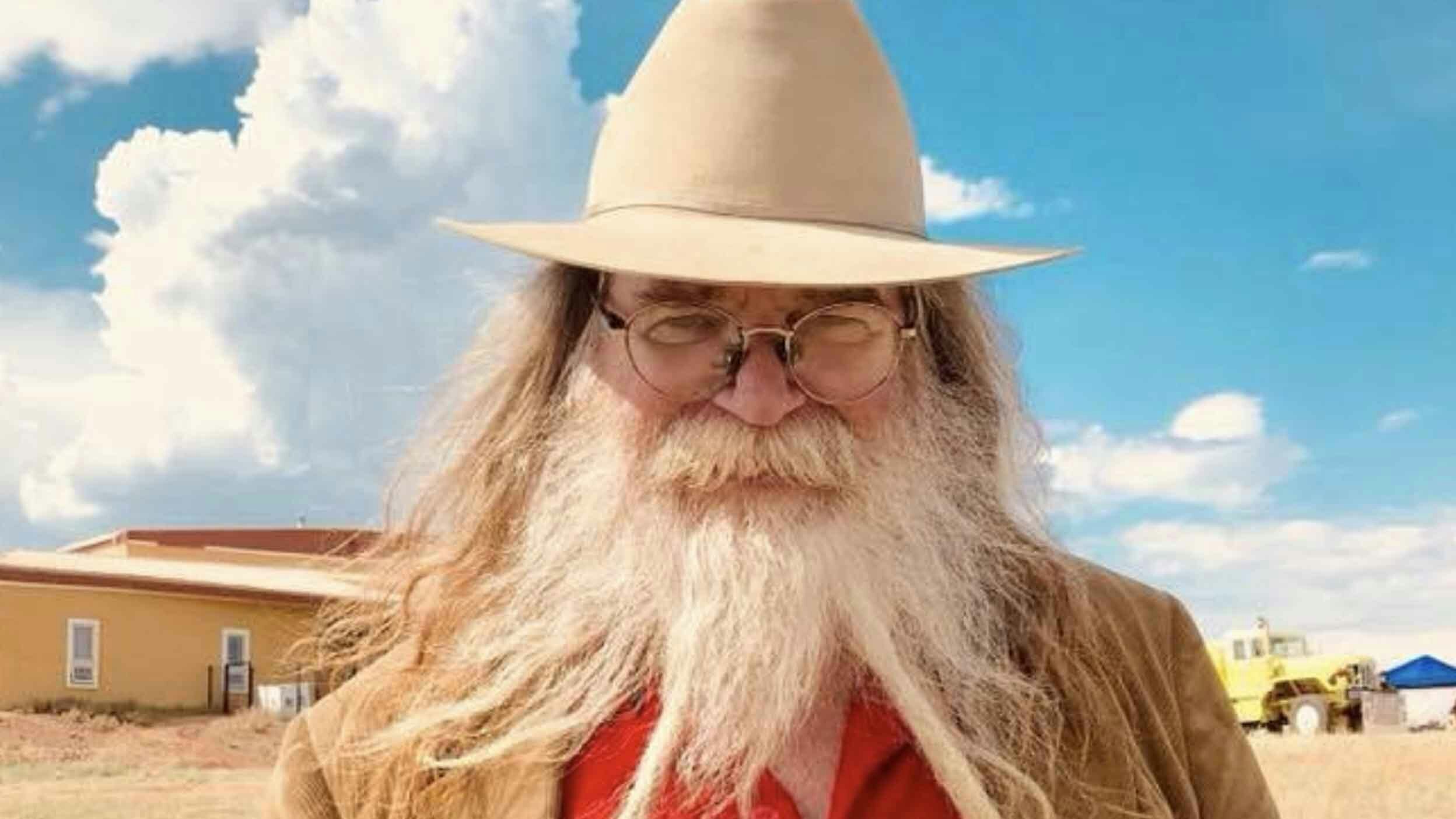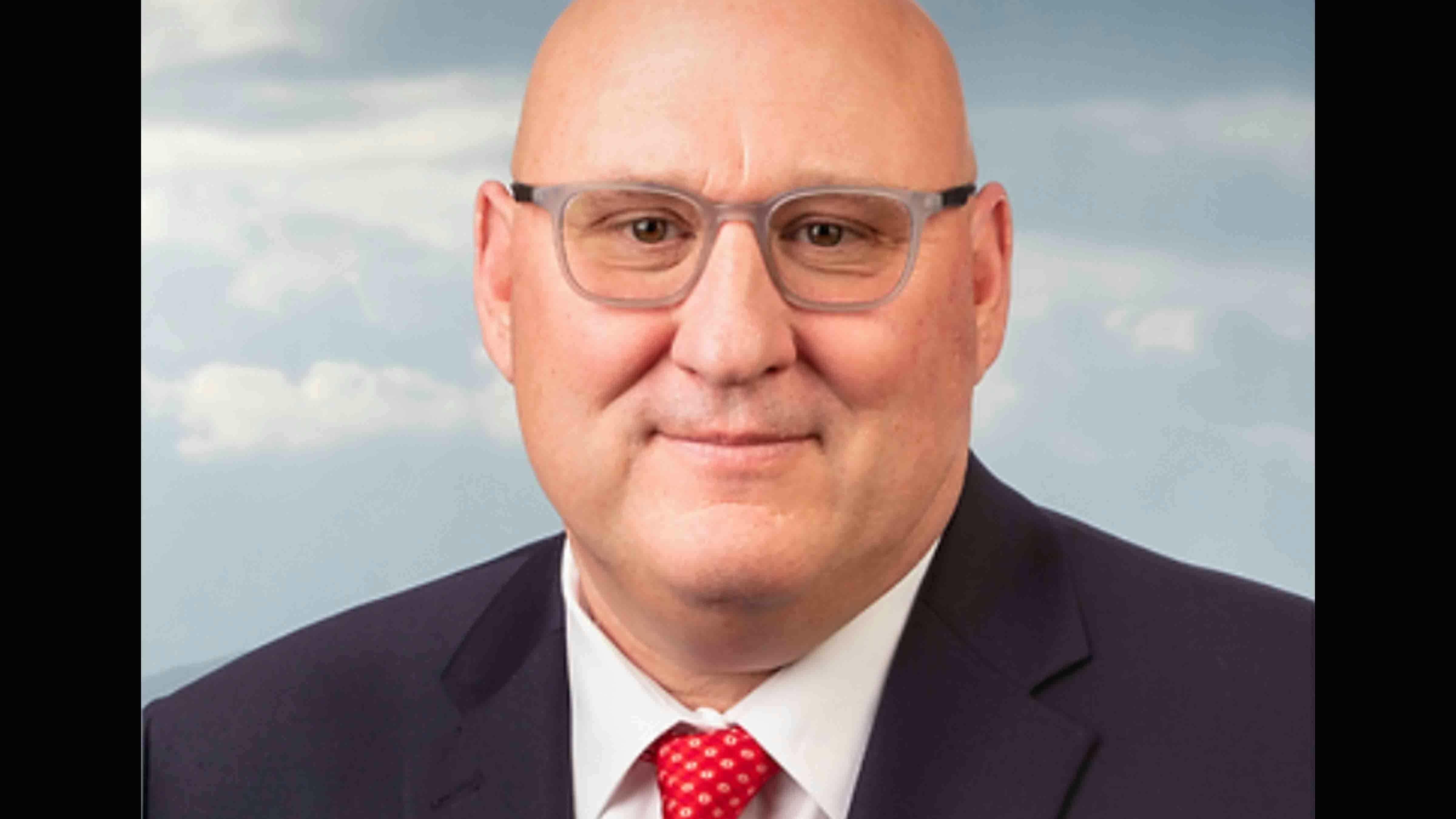More than forty years ago, I was in a couple of Marlboro commercials shot at the ID, my family’s ranch in the dry high desert of Wyoming.
We had traded horses over the years with Darrell Winfield, the craggy-faced, lantern-jawed, perfectly-mustachoed Marlboro Man from Riverton. Darrell knew our ranch pretty well, and convinced the folks at Phillip Morris to shoot a couple of commercials out there.
You couldn’t see me very well in the ad photos. I was one of several poorly focused cowboys driving a herd of our horses through the surf at Seminoe Rservoir while the Marlboro men smoked cigarettes and acted western in the foreground.
I was paid thirty five bucks a day, and the horses were paid better than I was. And I had to sign a model release that is probably still on file with Leo Burnett Advertising Agency in case someone wants to hire me again.
The production manager for the commercials told me that Winfield’s image – the iconic face of the Wyoming cowboy – was worth a few billion dollars annually to Marlboro. In 1970’s dollars, mind you.
He said that, using the mythological appeal of the American cowboy, they could sell cigarettes in places like North Korea, Libya and other countries that hate the United States but love cowboys.
I got paid a couple thousand bucks. Winfield likely got a much bigger check. The crew probably dropped two grand or so in hotels and restaurants in Rawlins. Maybe another grand in beer.
And, as always seems the case with the Cowboy State, the billions were deposited in Big Tobacco’s corporate banks in New York and Chicago.
We Wyomingites -our faces, our clothes, our towns and our way of life – have always been the raw material of the entertainment industry, for good or ill. Our raw material has always been exploited by Hollywood or Madison Avenue, and we’ve made a lot of folks rich who haven’t eaten ice cream at the Farson Mercantile or tasted the green chili at Rose’s Lariat.
Even if we detest that fact, there’s nothing we can do to prevent it. This is a capitalist country that rewards the profit motive, and cowboys aren’t copyrighted.
But what we can do is profit from the cowboy mystique ourselves. We can start raking in all that money we’re currently leaving on the table.
If we’re gonna call ourselves capitalists, we should start acting like it.
House Bill 93, sponsored by the Joint Committee of Travel, Recreation Etc., would have taken a big step to do just that. It would have provided tools for Wyoming to compete in the film industry against other western states that offer attractive incentives to filmmakers. It was very modest by comparison to other states, but was a step in the right direction.
But HB93 failed to be introduced. Its interesting to listen to the chatter around the ol’ campfire about why the bill failed.
Some folks say that The State of Wyoming shouldn’t subsidize private business ventures, conveniently ignoring Wyoming’s deep financial stake in coal, oil and gas, livestock and other business sectors that have sweet deals with the state.
Others warned that, if Wyoming got too Hollywood, we’d all end up wearing yoga pants and drinking white wine with our pinkies stuck out.
But nobody, NOBODY, has said that they’re cool with everyone but us making money on our image and landscape, that we couldn’t use the money anyhow.
Until we, as a state, see this situation with clear, capitalist eyes, we will have no justification to bitch and moan when a new hit movie or tv series, set in Wyoming, is actually filmed in New Mexico or Argentina.
And we will have no room to whine about money left on the table that someone else scoops up.





